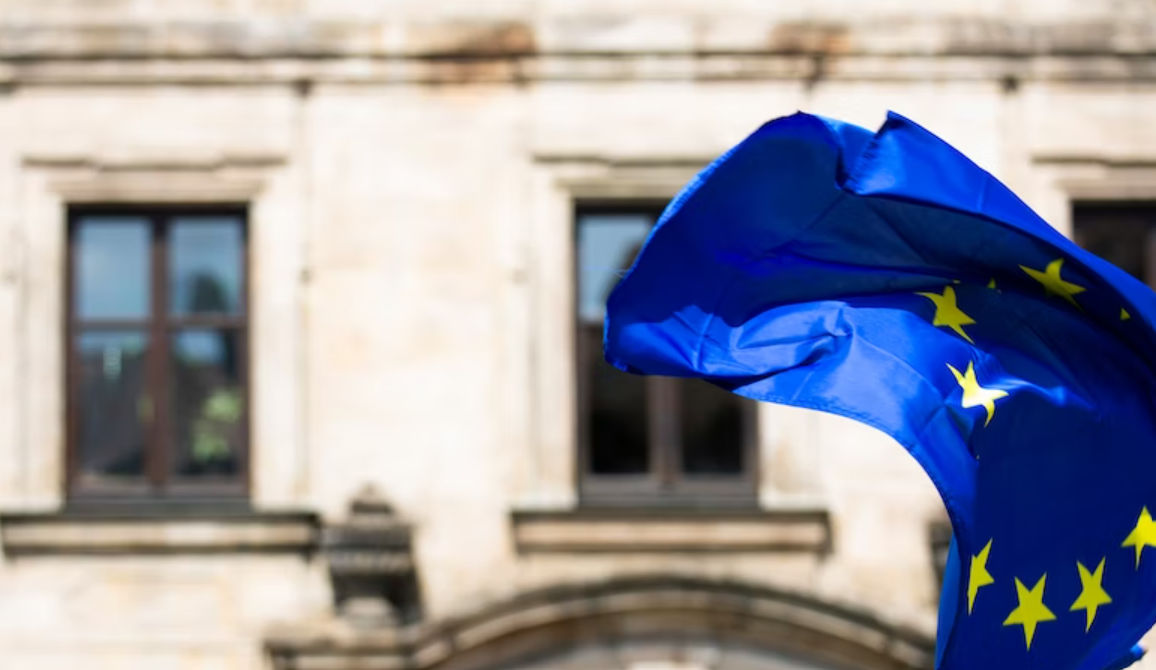Several Mediterranean nations said Saturday the European Union’s border agency Frontex needs to work inside third countries to stop smugglers from endangering the lives of migrants by sending them off to Europe on risky boat trips.
Top officials from Spain, Greece, Italy, Malta and Cyprus — who receive most migrant arrivals from the bloc’s southern and southeastern borders — said they’ll float the idea to EU leaders later this month to set up asylum application centres in neighbouring countries from which successful applicants can safely reach Europe.
Also Read| Crimean Bridge blast: Kerch Bridge age, length, history and purpose
Such centers would help diminish the allure of smugglers, allowing people with legitimate fears for their safety in their home countries to safely travel to European countries which have accepted their asylum claims.
“We have lost so much time making statements and engage an endless finger pointing. Meanwhile, children and adults continue to lose their lives while we ignore the elephant in the room,” Maltese Home Affairs Minister Byron Camilleri said. “How long is it going to take us Europeans to admit that the only way to save lives is to eradicate people smuggling once and for all?”
Also Read| The Crimean Bridge, Made with Love, a Russian film on Kerch Bridge
Greece’s Migration and Asylum Minister Notis Mitarachi said Frontex needs more resources because “when borders are well protected and well monitored, the loss of life diminishes substantially.”
Mitarachi’s remarks came after back-to-back shipwrecks off the Greek islands of Lesbos and Kythira this week left at least 23 people dead. The Greek minister again urged EU authorities to demand that Turkey better control its borders and take stronger actions against people traffickers.
Spain’s Interior Minister Fernando Grande-Marlaska Gomez said Frontex must work with authorities in third countries to prevent departures of migrant-laden boats.
Cypriot Interior Minister Nicos Nouris expressed concerns of an uptick in economic migrant arrivals amid growing economic hardship abroad and Russia’s war in Ukraine. He said “it’s about time” that third countries that don’t accept back citizens who had asylum applications rejected should face sanctions.
“It’s it’s totally unacceptable for us for a country to refuse the return of their own citizens back,” Nouris said.
Cypriot Interior Ministry figures show that of the 27,000 migrants who reached ethnically split Cyprus in the last two years, 6% arrived by boat while 94% crossed a U.N.-controlled buffer zone from the breakaway northern third.
Nouris last week travelled to U.N. headquarters in New York last week to seek help from the world body to prevent such crossings.
The ministers again urged the EU to adopt a fairer migrant relocation policy so that the burden doesn’t fall mostly on southern EU countries.
“We need to send a strong message that Europe will be open. Europe will always have the values that identify us and provide safe haven for people in need,” Mitarachi said. “But we have to do it in an organized, coordinated and legal way and not allow … the smugglers to make that choice for us.”







